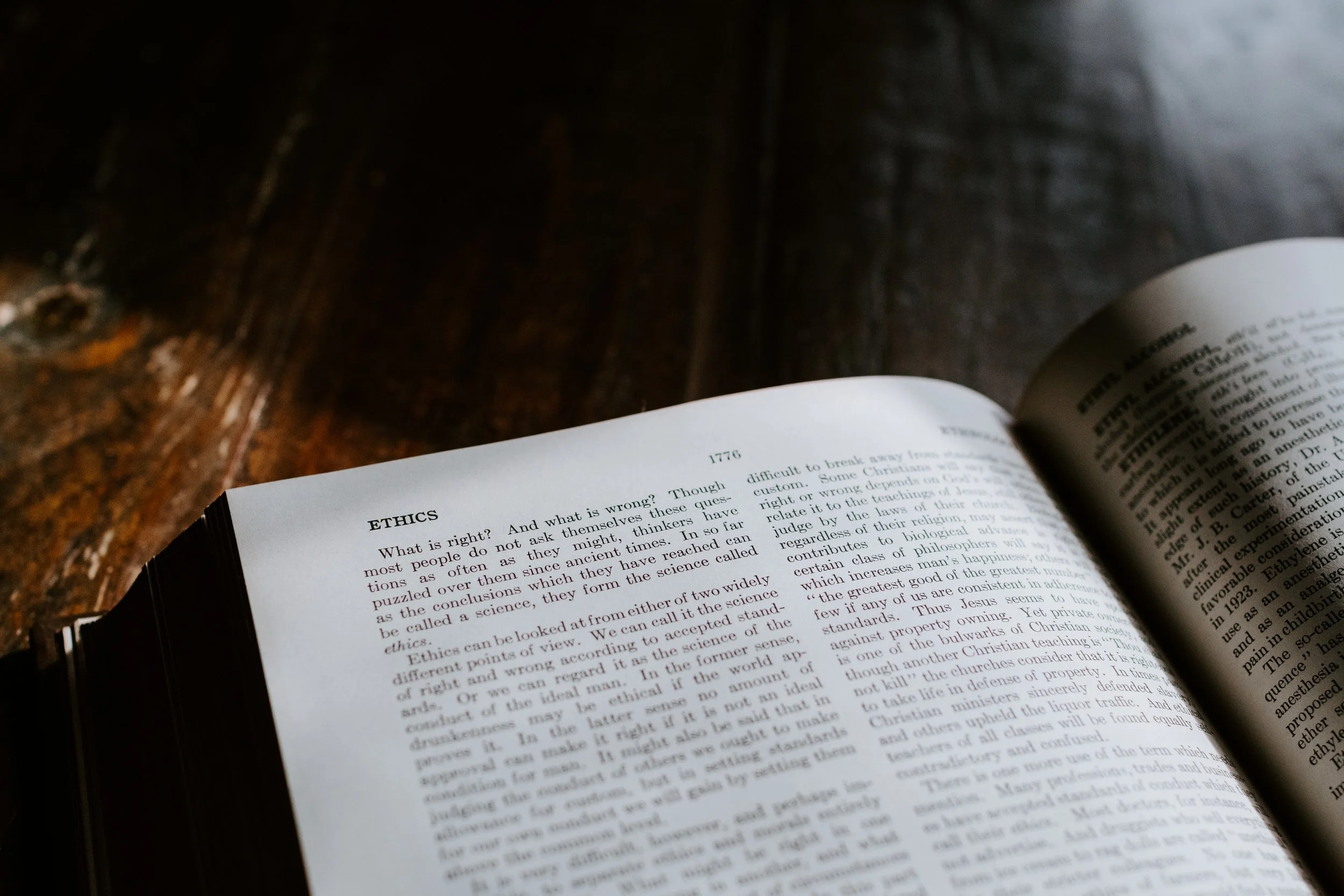Understanding Scrupulosity
I set out to provide a theologically sound and scientifically valid Christian framework for understanding scrupulosity, in order to reduce suffering and deepen our faith.
We all stumble upon our passions in different ways. To some, it is a dramatic and sudden revelation, and to others it is a gradual process. My own passionate intellectual pursuit, to provide a theologically sound and scientifically valid Christian framework for understanding scrupulosity, was one of those gradual processes. In part, it is evidently a rarity for someone to be knowledgeable about obsessive compulsive disorder and possess a seminary degree. But there is another component at play in my scrupulosity interest: my own personal experience. I can vividly remember being in fourth grade and having what I now know and understand as scrupulosity: intrusive thoughts and doubts related to my faith, primarily the doubt of my salvation and fear of blaspheming the Holy Spirit, and a variety of compulsions performed to reduce the distress that occurred as a result of those intrusive thoughts and doubts. As a child, I did not have a name for this, and it was completely and utterly terrifying. That information, the ability to name what is happening in those terrifying times, is foundational in healing and managing distress long term.
To provide this sort of framework for understanding scrupulosity, we must define it both scientifically and theologically, have a thorough understanding of the gold standard treatment of obsessive compulsive disorder (and its various subtypes), and be able to apply this treatment in a way that both reduces suffering and also deepens our theological understanding of sin, justification, and grace. That is a tall order for one blog post, so today’s post will be dedicated entirely to defining scrupulosity both scientifically and theologically.
Scrupulosity is subtype of Obsessive Compulsive Disorder (OCD) characterized by intrusive thoughts, urges, doubts, and/or images related to matters of faith or morality, and also involves compulsive moral or religious behaviors intended to reduce the corresponding distress. Scrupulosity is distinct from religious expression outside of OCD’s influence in that it typically causes substantial distress not found in members of the religious community who do not have OCD, and negatively affects the sufferer’s relationship with God, relationships with other people, and daily routine. Or, to put it succinctly, scrupulosity is OCD dressed in a theology suit. This doesn’t mean, however, that theology is unimportant when understanding scrupulosity. On the contrary, I would argue that we cannot treat scrupulosity in Christians, even conducting straightforward Exposure and Response Prevention, without a theological foundation.
Martin Luther, a German priest and theologian who was one of the central figures of the Protestant Reformation, who is reputed to have struggled with scrupulosity.
No amount of confession, penance, or prayer could ever adequately reduce the distress that results from OCD-induced doubt of eternal security, nor could the same acts literally or figuratively secure our salvation in the first place.
Martin Luther, the German priest and theologian who played a central role in the Protestant Reformation, is believed to have struggled with scrupulosity in the form of intrusive doubts about his eternal security, along with other intrusive thoughts, urges, and images.
“Even after his ordination in 1507 he was haunted with insecurity over his eternal fate, it’s written “Luther described feelings of ‘fleshly lust, wrath, hatred, or envy against any brother’ which constantly ‘vexed’ him and would not leave no matter how hard he tried to block them from his mind. He also experienced periods of “blasphemous” thought that left him confused and disturbed and was tormented by urges to curse God and Jesus.”
He is said to have attempted to relieve the distress through compulsive prayer and confession, which would be consistent with what we know about scrupulosity today. As an Anglican whose faith and doctrine can be described as Reformational, I can’t help but wonder if Martin Luther’s struggle with scrupulosity played a role in the Reformation’s emphasis on our own inability to save ourselves; no amount of confession, penance, or prayer could ever adequately reduce the distress that results from OCD-induced doubt of eternal security, nor could the same acts literally or figuratively secure our salvation in the first place. So while we know that scrupulosity is a brain-based manifestation of obsessive compulsive disorder (OCD) that cannot and should not be “treated” with prayer or scripture memorization, we can also understand it theologically: the harder you try - to resist the intrusive thoughts, to prove that you are “better than that”, to relieve the distress, to obtain a feeling that corresponds to your cognitive knowledge of theology and the Bible - the more apparent it becomes that your own efforts are not the answer.
Thankfully, as a result of God-given wisdom and scientific progress, we do have an answer for the treatment of scrupulosity and other manifestations Obsessive Compulsive Disorder (OCD). In addition to the medication route, Exposure and Response Prevention (or “ERP”) is the gold standard for treating all types of OCD. While not all therapists would agree, I believe that Christians struggling with scrupulosity should choose a therapist who is trained in ERP, has experience in treating scrupulosity using ERP, and is a fellow believer with knowledge of theology and the Bible. If it is difficult to locate someone in the area who is both specifically trained in ERP and shares the same belief system, my recommendation would be to pursue ERP treatment without the theology components, while also involving your pastor or another Christian therapist to ensure that the activities done in the context of ERP do not violate the basic tenets of the Christian faith.
Next time, I will look forward to sharing some scrupulosity obsessions and compulsions common amongst Christians, but feel free to send any questions or comments my way, as I’m always happy to answer those to the best of my ability. But in the meantime, grace and peace from Almost Appalachia.

